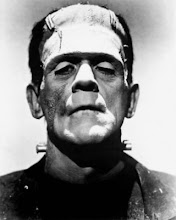Slavery was around for thousands of years; a cheap and effective method of profit with little expense. In the late 1700s and early 1800s slave trade was a blooming business. European Countries sent their ships to Africa to trade cheap merchandise for humans. These men and women were treated horribly and kept in unlivable conditions while transported to their designated areas such as the American colonies for cheap labor on the plantations.
The first few movements were made against slavery, here stated in a quote from www.victorianweb.org/history/antislavery.html :
“In 1815 at the Congress of Vienna, European statesmen condemned slavery but nothing was done to improve the conditions of slaves. The campaign to abolish slavery continued in Britain. Wilberforce and his co-workers held meetings all over the country to try to persuade people that abolition should be supported. They discovered that many people were unaware of the horrors of slavery and that others were not interested in something which happened thousands of miles away.”
Little by little, slavery was slowly brought to an end.
-Reuven Ilyayev












